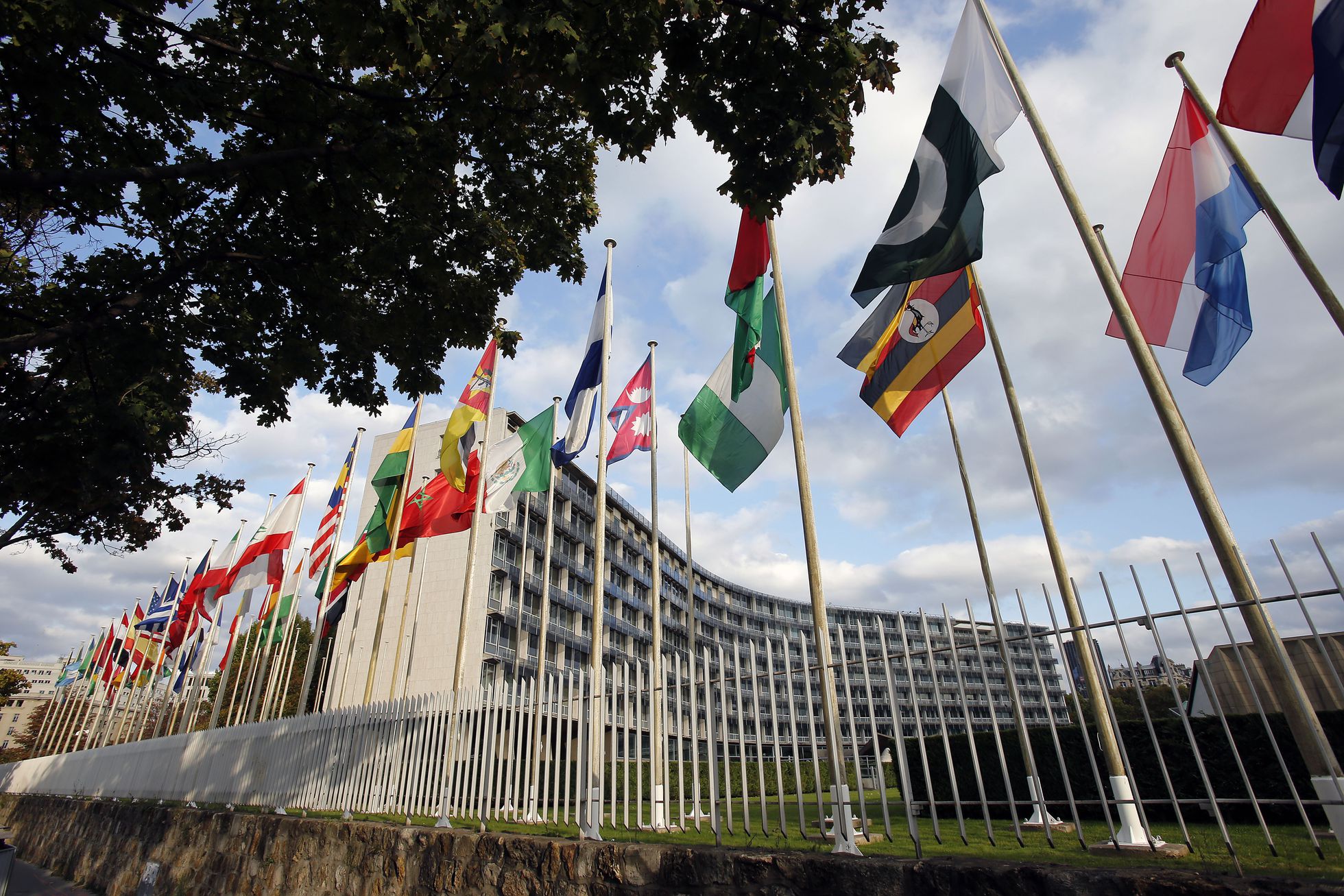In 2020, Unesco began to develop the universal declaration of Artificial Intelligence, which was joined by groups of experts from the most advanced companies in technology and development, such as Google or Facebook. This has already been published (Report of the Social and Human Sciences Commission (SHS) – UNESCO Digital Library), along with all the standards that this entails. Unesco has a guide to deal with the effects that Artificial Intelligence may have on humans and ecosystems.
The Unesco conference was held this Wednesday and accepted by 193 countries, putting on the table problems and solutions of technologies such as artificial vision or the already known recommendation systems, which practically all social networks use.
The document approved on 24/11/2021 includes standards that revolve around three fundamental pillars for our society:
- Human rights
- The rule of law
- Anti-discrimination
In legal terms, it is not considered mandatory to follow it, but its declaration entails that projects and research work be developed in the most ethical way possible. Unesco will ask for an annual report on how this new declaration has been taken into account in the respective work and projects. This report will be subject to testing and transparently submitted to the public, promoting the dissemination and debate on these.
These automated systems, in addition to solving major scientific problems and aiding global development, can also be used for warlike or unethical purposes. Although the report has no section on the subject, the Deputy Director General of Unesco has spoken out to say that the decision between life and death should not be made by an Artificial Intelligence system, but by a human. This recommendation does not only affect this example, but also the recommendation systems of social networks such as Instagram or Facebook.
The decision to start controlling this area of research, which still has a lot to talk about, has been taken in view of the future to protect citizens in their digital rights, which could be compromised. Therefore, Gabriela Ramos, Assistant Director General for Social Sciences at Unesco, says: “If we educate a new generation of digital consumers aware of their rights and with the critical thinking skills needed to navigate the digital sphere, we will be empowering them to hold the big tech companies accountable and we will be demanding that AI is developed in a humane and ethical way.”

